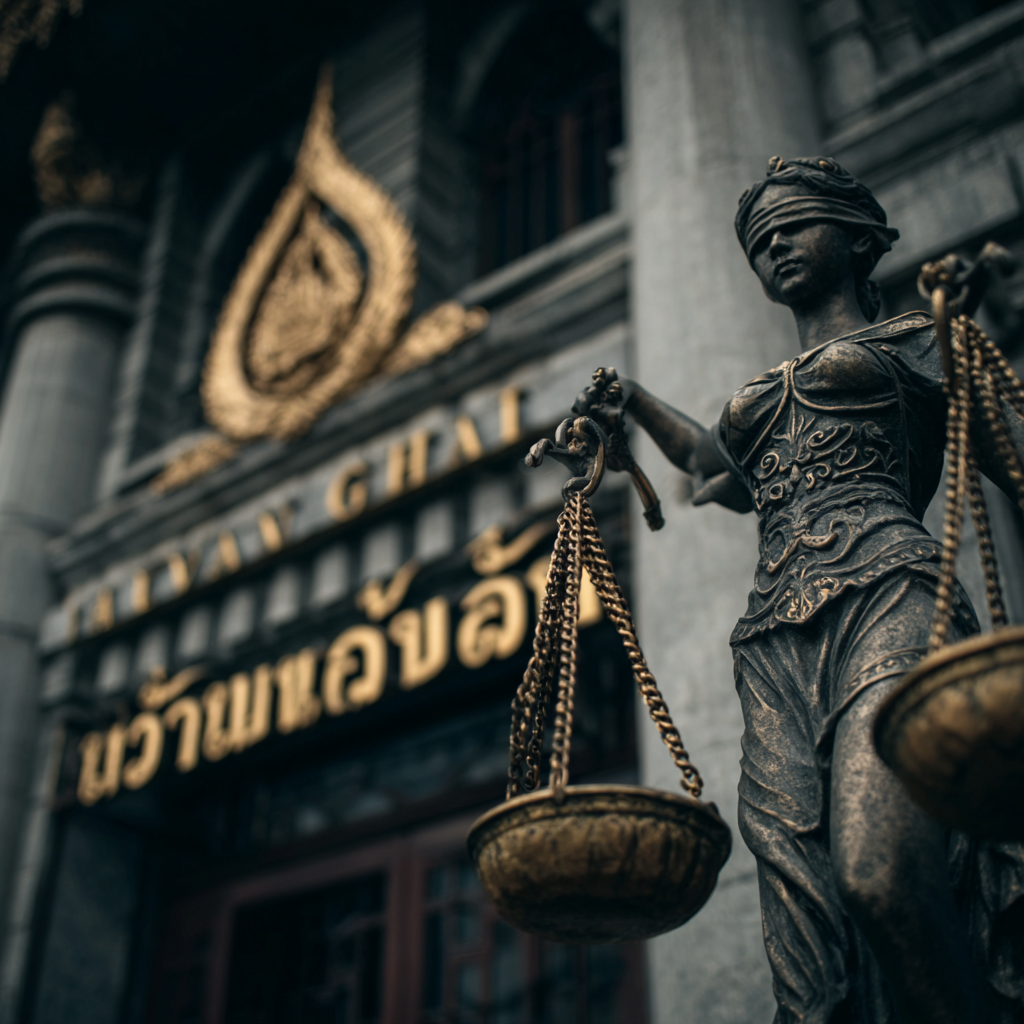Buying or leasing property in Thailand is a major decision—especially for foreigners. One of the most important steps is due diligence, which ensures the property is legal, properly documented, and free of issues.
Whether you’re buying a condo, land, or a villa, here’s what you need to know before signing anything.
🧾 Key Documents the Seller Must Provide
The seller must prove they legally own the property. To do that, they should provide:
- A certified copy of the title deed (front and back)
- The previous sales agreement from the Land Office
- If there’s a house on the land:
- A copy of the house registration book (Tabien Baan)
- The building permit
- Or a previous sales contract showing house ownership
🧠 Understanding Property Types for Foreigners
Foreigners cannot own land directly, but there are legal ways to own or control property:
| Type of Sale | What It Means |
|---|---|
| Freehold condo | Full ownership of the unit under the Condominium Act |
| Leasehold condo | You lease the unit for up to 30 years |
| Leasehold apartment | Apartment not registered under Condo Act, lease only |
| Land & house (leasehold) | You lease the land and either lease or own the house |
| Leasehold land only | You lease the land, often with a construction contract |
| Leasehold + construction | You lease land and build your own property |
| Freehold house on leasehold land | You own the house, lease the land |
✅ Essential Due Diligence Checklist
Before you buy, your lawyer should check the following:
🏡 Legal Ownership
- Confirm who owns the land or condo through the Land Office
- Make sure the title deed is legally issued and transferable
- Check for any encumbrances, like mortgages or rights of redemption
- Review all power of attorney documents if someone else is selling
📐 Property Boundaries & Building Permissions
- Confirm boundaries match the title deed (GPS survey if needed)
- Ensure all buildings have valid permits
- Match actual construction to what is legally approved
- Check zoning laws, especially in beach, forest, or protected areas
💡 Access & Utilities
- Verify legal road access (public or registered private)
- Confirm availability of electricity, water, sewage, internet
- Assess any drainage or flooding issues, especially in hillside areas
- Find out how garbage and waste are managed
⚖️ Legal Risks
- Optional: Do a civil and bankruptcy check on the seller
- Optional: Hire a surveyor to confirm land size
👥 Neighborhood & Environmental Concerns
- Investigate potential noise issues, land disputes, or legal battles with neighbors
📑 Sales Contract
- Review sale agreement terms: payments, transfer fees, and seller obligations
- Your lawyer should include protections in the draft contract
🏗️ Buying Property in a Housing or Condo Development?
If you’re buying in a project or gated community, also ask:
🔍 Project Legitimacy
- Is the project government-approved or private?
- Has the land been legally subdivided with separate title deeds?
- Did the developer get all required permits and licenses?
🧱 Construction Status
- Have building permits been issued?
- Has the project received environmental impact approval (for larger sites)?
- How many homes will be built? Will future buildings block your view?
📜 Legal Structure & Developer Reputation
- What legal structure is used for foreign ownership?
- Can the buyer hire an independent inspector before accepting the home?
- How many years has the developer been in business?
- What is the developer’s registered capital?
🔌 Utilities & Services
- Will the developer connect public utilities and register them in your name?
- Or will they run utilities through a private management company?
- What are the maintenance or service fees? Are they clearly explained?
- Who pays the transfer and registration fees?
🧠 Tip: In government-approved housing developments, sale contracts must follow consumer protection rules and be approved by the Housing Development Committee.
🏁 Final Thoughts
Doing your due diligence before buying property in Thailand is not optional—it’s absolutely necessary. Verifying documents, confirming ownership, checking zoning laws, and inspecting the property ensures that you’re buying something legal, safe, and without hidden problems.
For the best outcome, always hire a licensed property lawyer and a local real estate agent who understands the Pattaya market. They’ll help you navigate local regulations, negotiate smartly, and avoid costly mistakes.




